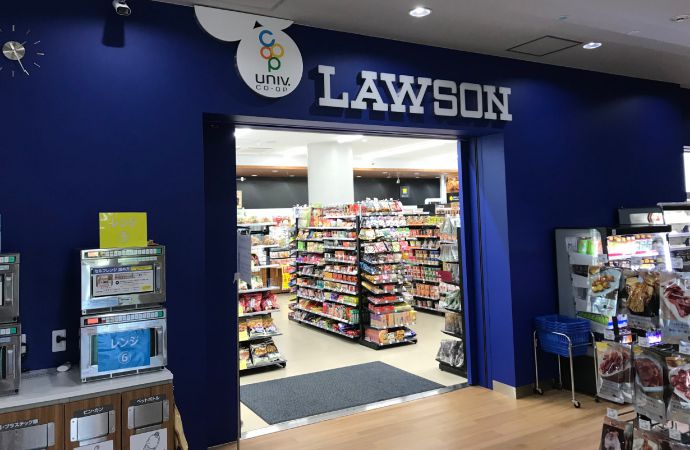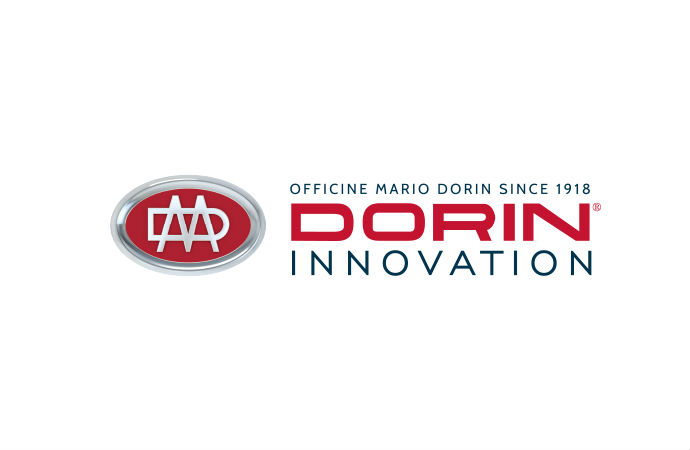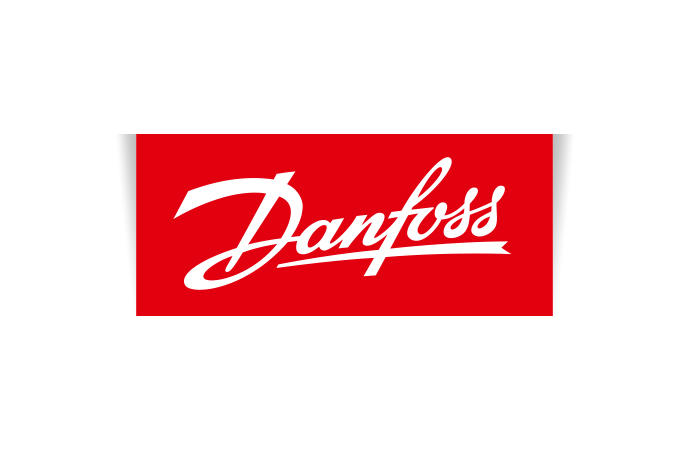With the London 2012 Olympic Games fast approaching, the Commission for a Sustainable London 2012 has published a report reviewing what the organisers are doing to achieve their pledge to host the ‘most sustainable Games to date’. The Commission notes that the organisers have not been able to verify compliance to the Sustainable Sourcing Code in the area of avoiding the use of HFC in cooling and refrigeration equipment.

The Sustainable Sourcing Code was put together back in 2008 to enable the London Organising Committee of the Olympic and Paralympic Games (LOCOG) make properly informed and balanced decisions when procuring the products and services needed for the 2012 Games. The Code lists hydrofluorocarbons (HFCs) as restricted substances.
Adherence to sustainable code cannot be verified in the area of HFC use
“We were not able to fully verify sound assurance processes within LOCOG for the use of HFCs in cooling and refrigeration, to ensure that the Sustainable Sourcing Code will be complied with”, reads the ‘In Sight of the Finishing Line’ report published early February 2012 by the Commission for a Sustainable London 2012 (CSL), the independent body which monitors and assures the sustainability of the London 2012 Games. “As we have not been able to assure the process in this area, this has given concerns around the application of LOCOG’s assurance processes for other aspects of the Sustainable Sourcing Code such as timber and PVC”, continues the report.
90% of permanent venues’ cooling from HFC-free sources
The report notes that the use of HFCs has been a recurring issue over the years as far as the Games’ sustainability is concerned. For example, CSL’s intervention in the past resulted in changing plans regarding the cooling system of the Aquatic Centre from HFC to an ammonia-based system. Together with the Combined Heating, Cooling and Power plant that also makes use of ammonia, 90% of cooling on the Olympic Park “in legacy” (i.e. in permanent venues) is due to come from HFC-free sources.
But for “Games-time” cooling, organisers claim lack of HFC-free product availability
HFC use is not only being addressed in permanent installations, but also where possible in “Games-time” cooling and refrigeration, such as the cooling of temporary venues and installation of temporary refrigeration equipment such as vending machines.
The Olympic Delivery Authority (ODA) has constructed some temporary venues on the park that require cooling, for example the basketball and water polo arenas, with temporary HFC based systems.
LOLOG has set a target of a 70% reduction in non-essential HVAC as a means to making an important contribution to minimising HFC-based cooling systems. Nonetheless, “some systems will be required and LOCOG has so far been unable to hire HFC-free cooling systems, with companies only being willing to sell HFC units”.
“LOCOG also require a range of refrigeration systems for their catering and are finding that HFC-free devices are only available for some of their requirements and not for others”.
Commission for a Sustainable London 2012 left puzzled over HFCs…
“During the course of this review LOCOG was unable to clearly demonstrate the anticipated level of systems that will use HFC”, reads the report. “We are surprised that the hire market has not responded to the challenge to supply HFC-free HVAC and refrigeration systems given the extent of LOCOG’s requirements and the time they have had to work together to develop appropriate solutions. LOCOG has been in discussions with the industry about alternative low Global Warming Potential (GWP) replacements for refrigerant gases but these are not expected to be available to test in the UK until later 2012”.
… but applauds progress regarding events sustainability management system
On the positive side, the report applauds the London Organising Committee for being the first to attain certification to BS 8901, the British Standard specification for a sustainability management system for events.
Adherence to sustainable code cannot be verified in the area of HFC use
“We were not able to fully verify sound assurance processes within LOCOG for the use of HFCs in cooling and refrigeration, to ensure that the Sustainable Sourcing Code will be complied with”, reads the ‘In Sight of the Finishing Line’ report published early February 2012 by the Commission for a Sustainable London 2012 (CSL), the independent body which monitors and assures the sustainability of the London 2012 Games. “As we have not been able to assure the process in this area, this has given concerns around the application of LOCOG’s assurance processes for other aspects of the Sustainable Sourcing Code such as timber and PVC”, continues the report.
90% of permanent venues’ cooling from HFC-free sources
The report notes that the use of HFCs has been a recurring issue over the years as far as the Games’ sustainability is concerned. For example, CSL’s intervention in the past resulted in changing plans regarding the cooling system of the Aquatic Centre from HFC to an ammonia-based system. Together with the Combined Heating, Cooling and Power plant that also makes use of ammonia, 90% of cooling on the Olympic Park “in legacy” (i.e. in permanent venues) is due to come from HFC-free sources.
But for “Games-time” cooling, organisers claim lack of HFC-free product availability
HFC use is not only being addressed in permanent installations, but also where possible in “Games-time” cooling and refrigeration, such as the cooling of temporary venues and installation of temporary refrigeration equipment such as vending machines.
The Olympic Delivery Authority (ODA) has constructed some temporary venues on the park that require cooling, for example the basketball and water polo arenas, with temporary HFC based systems.
LOLOG has set a target of a 70% reduction in non-essential HVAC as a means to making an important contribution to minimising HFC-based cooling systems. Nonetheless, “some systems will be required and LOCOG has so far been unable to hire HFC-free cooling systems, with companies only being willing to sell HFC units”.
“LOCOG also require a range of refrigeration systems for their catering and are finding that HFC-free devices are only available for some of their requirements and not for others”.
Commission for a Sustainable London 2012 left puzzled over HFCs…
“During the course of this review LOCOG was unable to clearly demonstrate the anticipated level of systems that will use HFC”, reads the report. “We are surprised that the hire market has not responded to the challenge to supply HFC-free HVAC and refrigeration systems given the extent of LOCOG’s requirements and the time they have had to work together to develop appropriate solutions. LOCOG has been in discussions with the industry about alternative low Global Warming Potential (GWP) replacements for refrigerant gases but these are not expected to be available to test in the UK until later 2012”.
… but applauds progress regarding events sustainability management system
On the positive side, the report applauds the London Organising Committee for being the first to attain certification to BS 8901, the British Standard specification for a sustainability management system for events.
MORE INFORMATION
Related stories
















